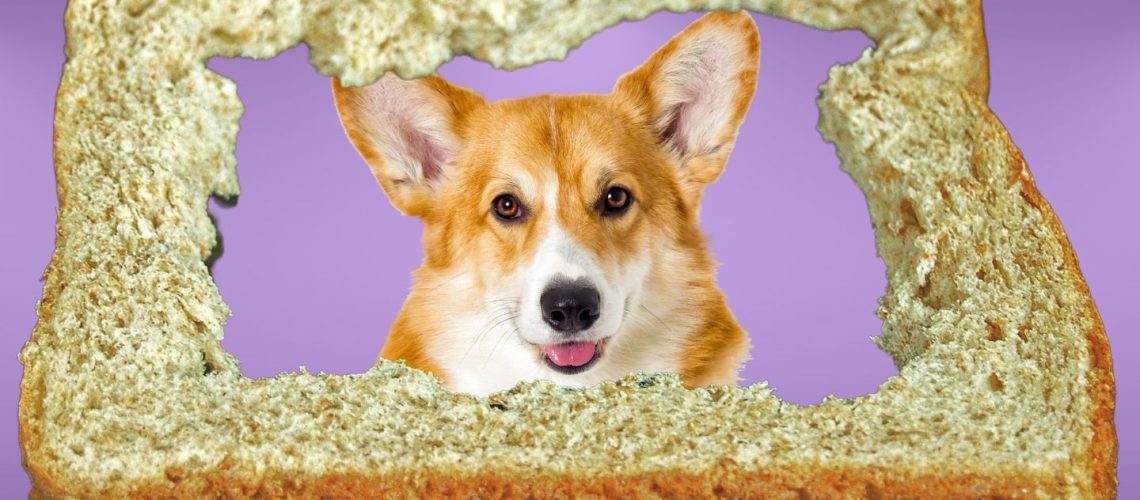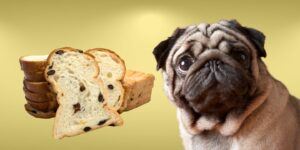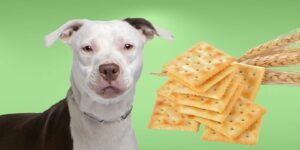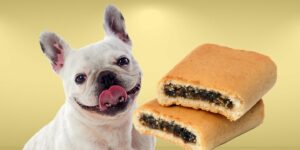In short, yes, dogs can eat bread crust. Bread crust is not toxic or harmful to dogs, but it should be given in moderation as part of a balanced diet. People often wonder if bread crust is safe for dogs to consume, as there are many myths surrounding it. In this article, we will discuss the nutritional value of bread crust, its pros and cons, alternatives, and tips for feeding your dog this treat.
Nutritional Value of Bread Crust for Dogs
Bread crust is not a particularly nutritious food for dogs. It is made up of mostly carbohydrates, with small amounts of protein and fiber. When compared to other dog treats, bread crust may not provide many essential vitamins and minerals that dogs need for a healthy diet.
Health Benefits of Bread Crust for Dogs, if any
There are no significant health benefits of bread crust for dogs. However, when given in moderation, it can be a cost-effective and easily available treat option.
Pros of Feeding Bread Crust to Dogs
- Cost-effective and easily available treat option
- Potential dental benefits like cleaning teeth or removing tartar
- Useful as a training and rewarding tool
Cons of Feeding Bread Crust to Dogs
- Potential choking hazard, especially for small breeds
- High in calories and can contribute to weight gain
- Possible allergic reactions to bread ingredients like wheat, yeast, or gluten
- Lack of essential nutrients for dogs
Alternatives to Bread Crust for Dogs
Instead of feeding your dog bread crust, you can consider providing healthier options:
- Homemade dog treats with healthier ingredients like pumpkin, peanut butter, and oats
- Store-bought dog treats with higher nutritional value, such as meat-based treats or those specifically designed for dogs
- Fruits and vegetables safe for dogs, like carrots, green beans, and apple slices
Tips for Feeding Bread Crust to Dogs
- Remove potential choking hazards, such as seeds, nuts, or large pieces
- Practice portion control and limit the frequency of feeding bread crust
- Monitor your dog for any adverse reactions or changes in behavior
Consultation with Your Veterinarian
It is essential to consult with your veterinarian before making any changes to your dog's diet. They can provide personalized recommendations for your dog's specific needs and health conditions.
Summary
In conclusion, bread crust is not toxic or harmful to dogs, but it should be given in moderation as part of a balanced diet. It is important to monitor portion size to avoid potential risks like choking and weight gain. Be sure to consider healthier alternatives when treating your dog and consult with your veterinarian for personalized advice. Remember, a balanced diet and moderation in feeding bread crust are crucial for your dog's overall health.











